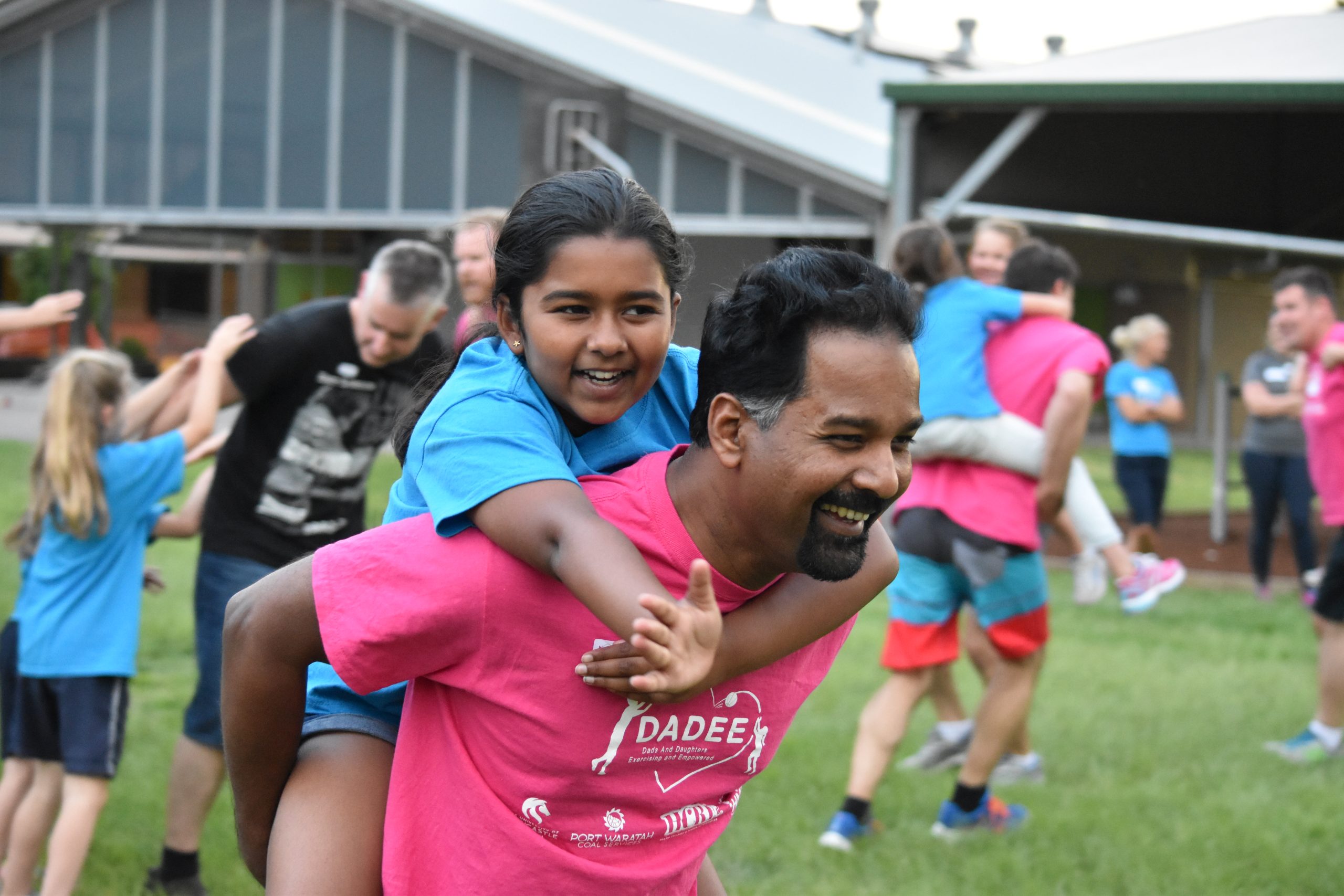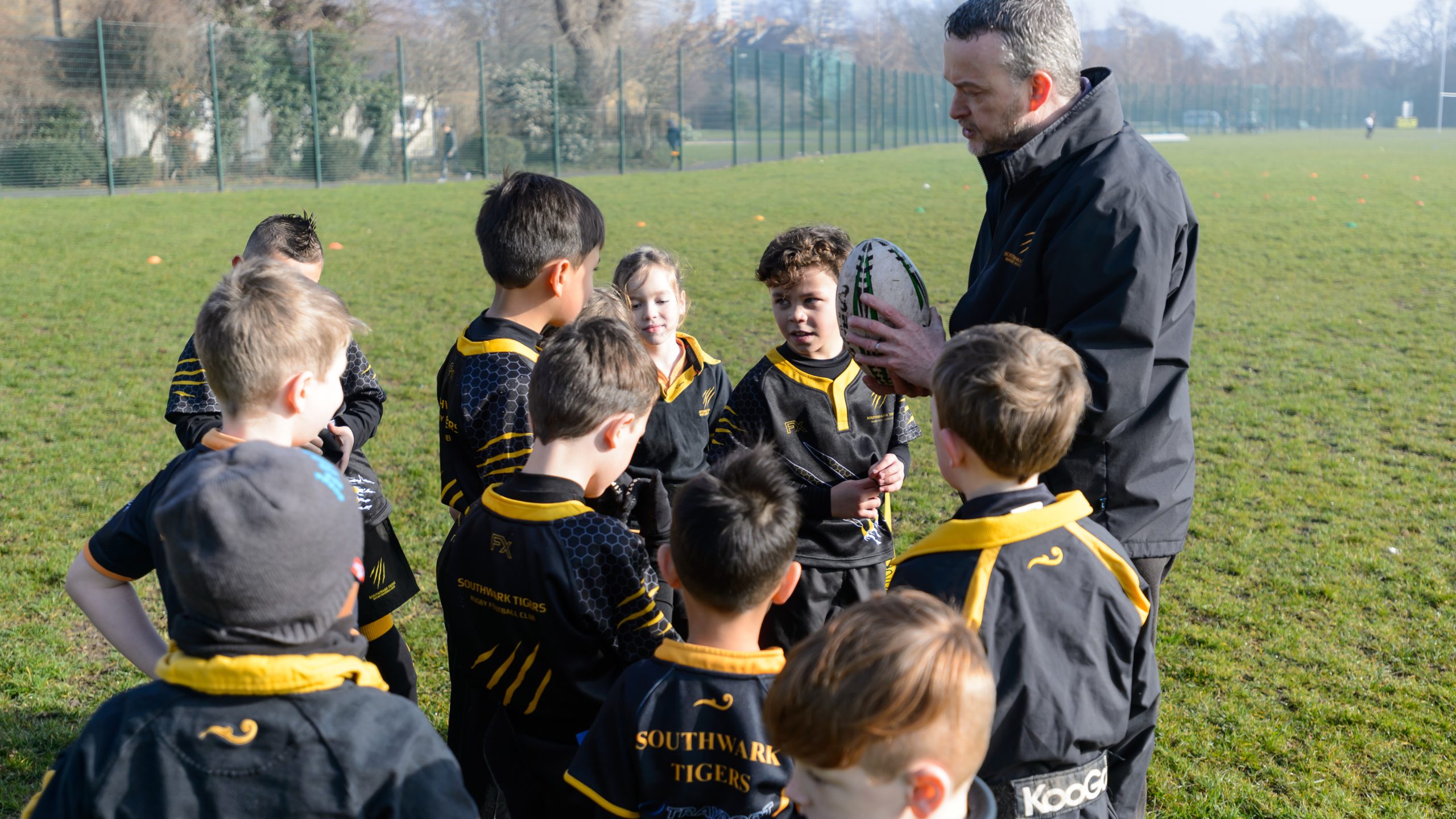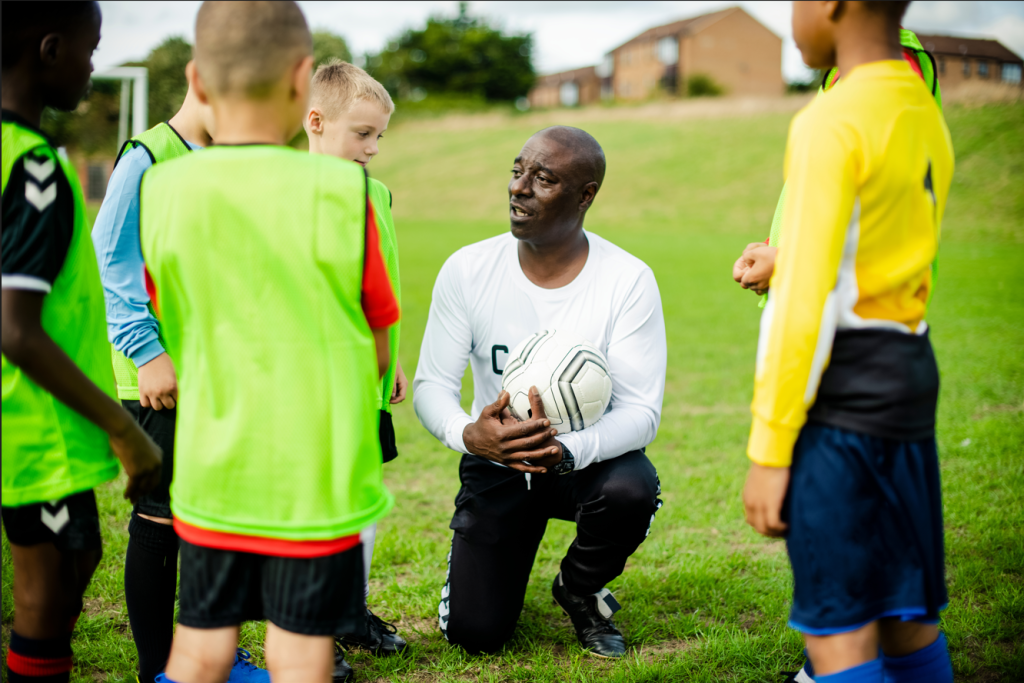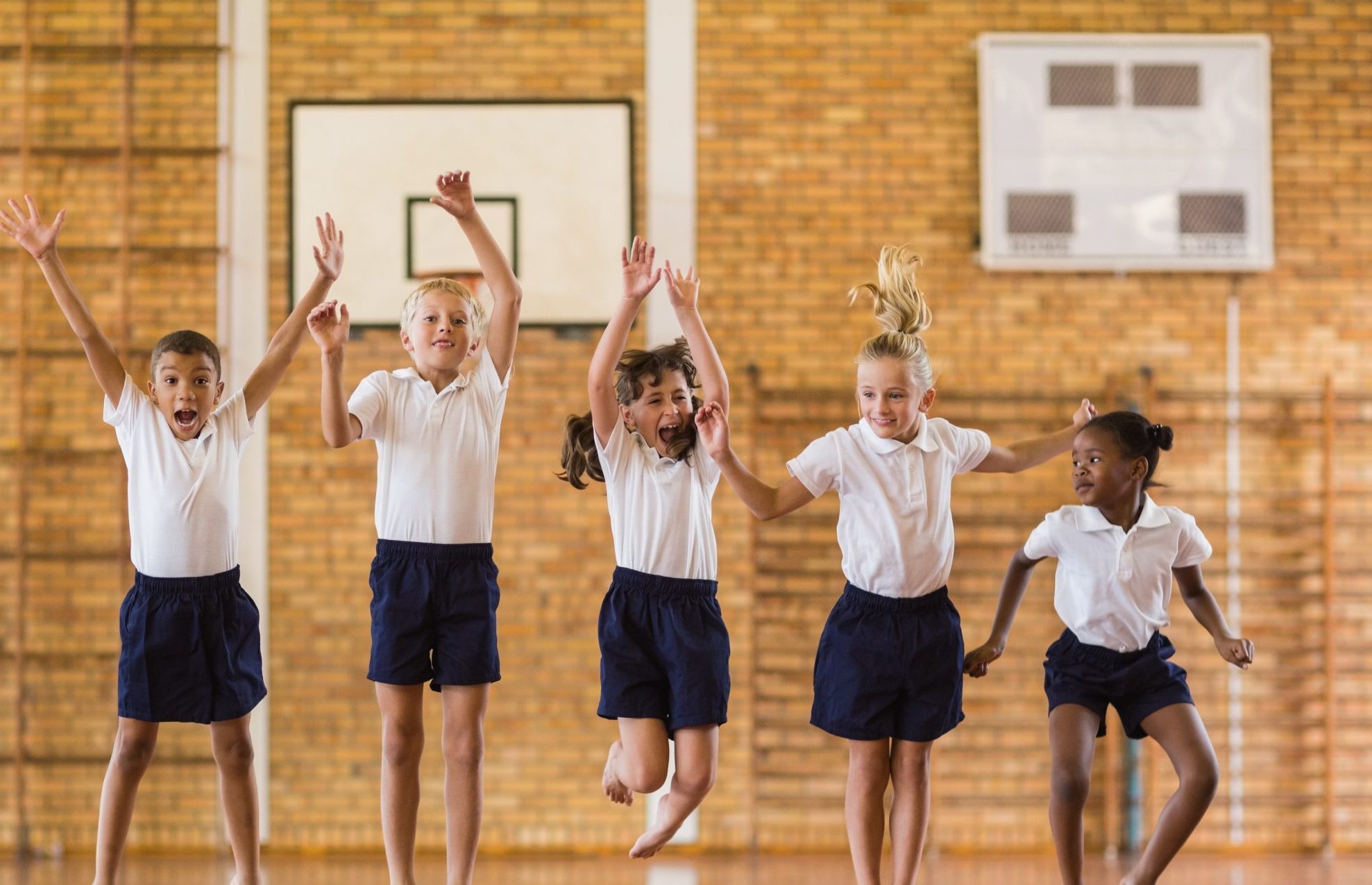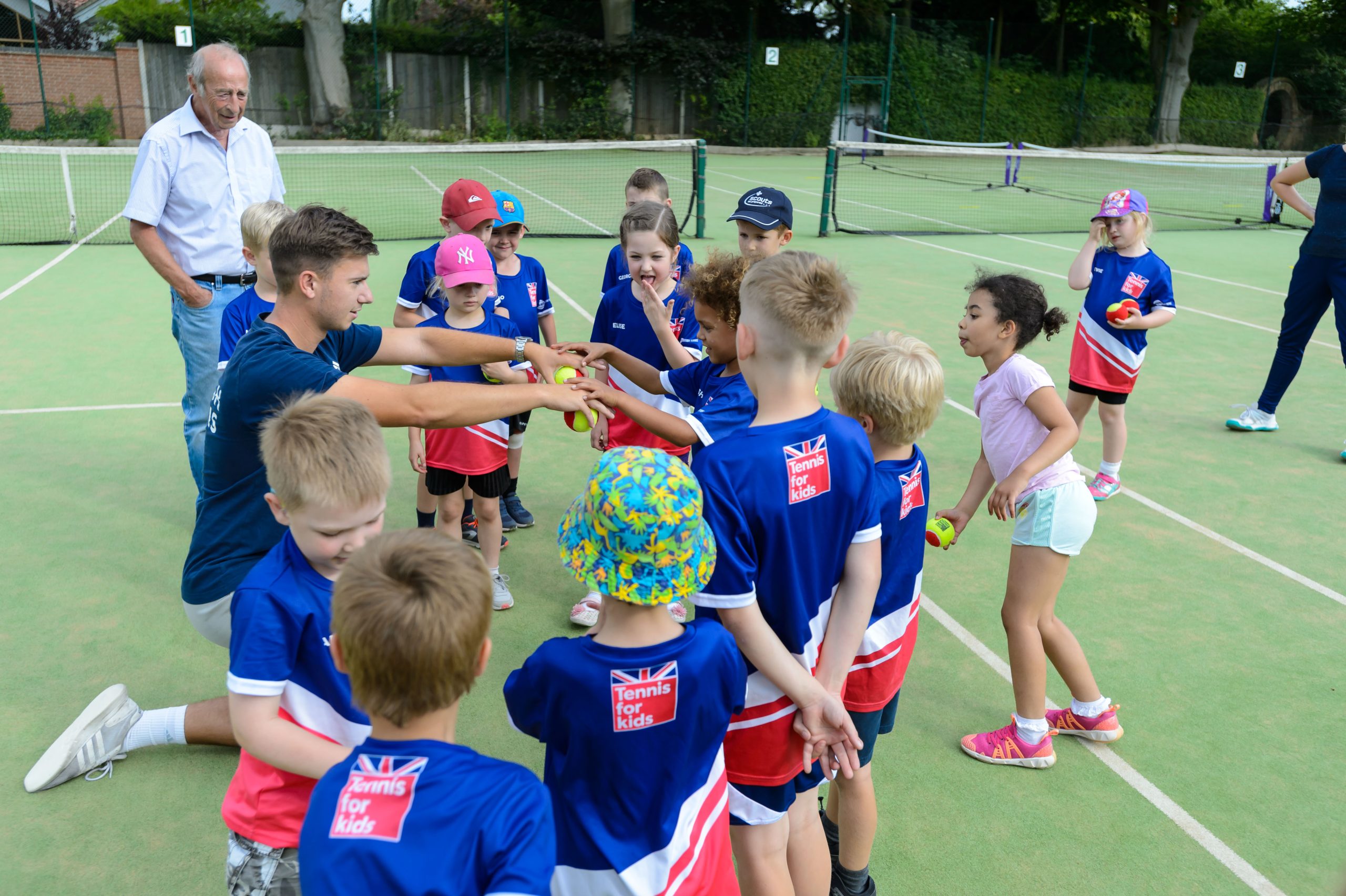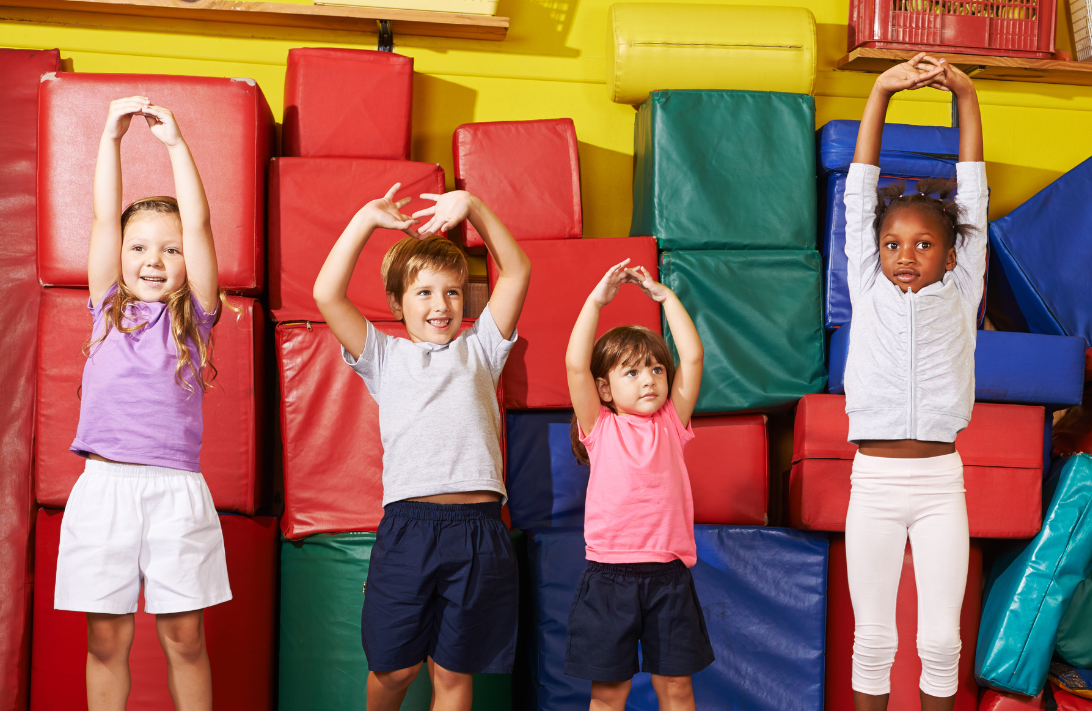Our work with women and girls has uncovered that at every life stage they face negative attitudes and discriminatory behaviours from some boys and men, whether conscious or unconscious.
From the playground to the pitch, from the workforce to the boardroom, women and girls are being excluded and it’s time for change. If we are to succeed in changing the narrative around girls in sport we need to change the narrative around boys. Because this is where it all starts.
In this research, we explore what influences the attitudes and behaviours of primary aged boys towards girls in sport. This research shows that stereotyping is still alive and kicking. Adults continue to unknowingly pass down stereotypes that can have negative consequences for both girls and boys.
“When boys are grown up they work and exercise. When girls grow up, they have to stay at home and make food.” (Primary school boy)
We discovered that ‘sportiness’ is still seen as a fundamental part of a boy’s identity from a young age. With this, boys are finding it hard to break free from the expectation that to be masculine they must be good at sport, strong and dominant.
This stereotyping not only creates a negative environment for those boys who don’t like sport, but critically it excludes girls from sport. Male dominated environments in sport, a lack of positive male role models and the invisibility of women and girls in the community and in media, further contribute to boys perceptions that girls don’t belong in sport.
We believe that by tackling the causes early at a young age, there is great opportunity to increase young children’s understanding, empathy and acceptance, to create a more respectful, level playing field in sport.
Recommendations
Boys, and the men they will become, can be agents of change for girls and women in sport, and in life. We must challenge limiting gender stereotypes and break down the traditional masculine culture in sport that nurtures negative attitudes and behaviours to girls and women.
Here’s how:
- Recognise and challenge limiting stereotypes
- Redefine the value of sport for boys and girls
- Help boys to become allies not opponents
- Create gender-equal sporting environments
- Increase the visibility of girls and women in sport
Find out more in our guides for Parents, Teachers or Coaches or by downloading the report below.
